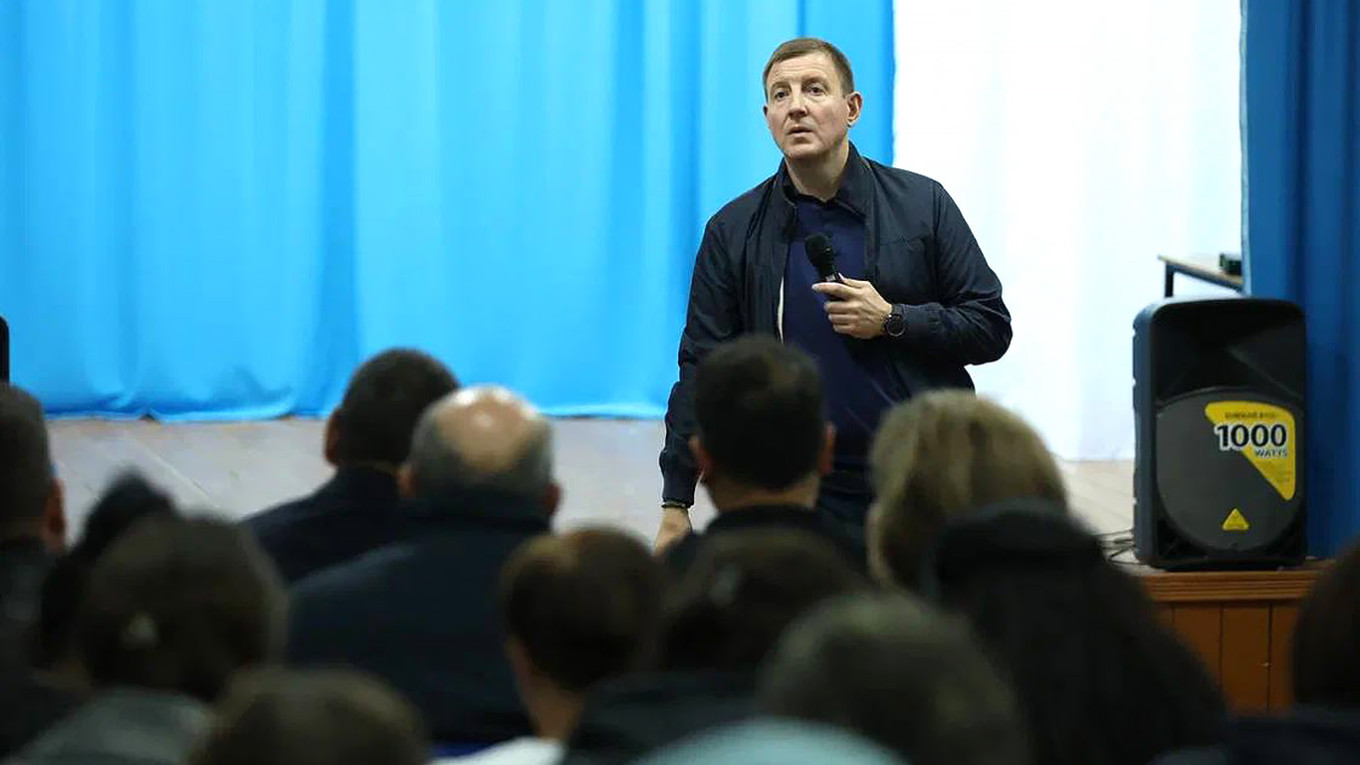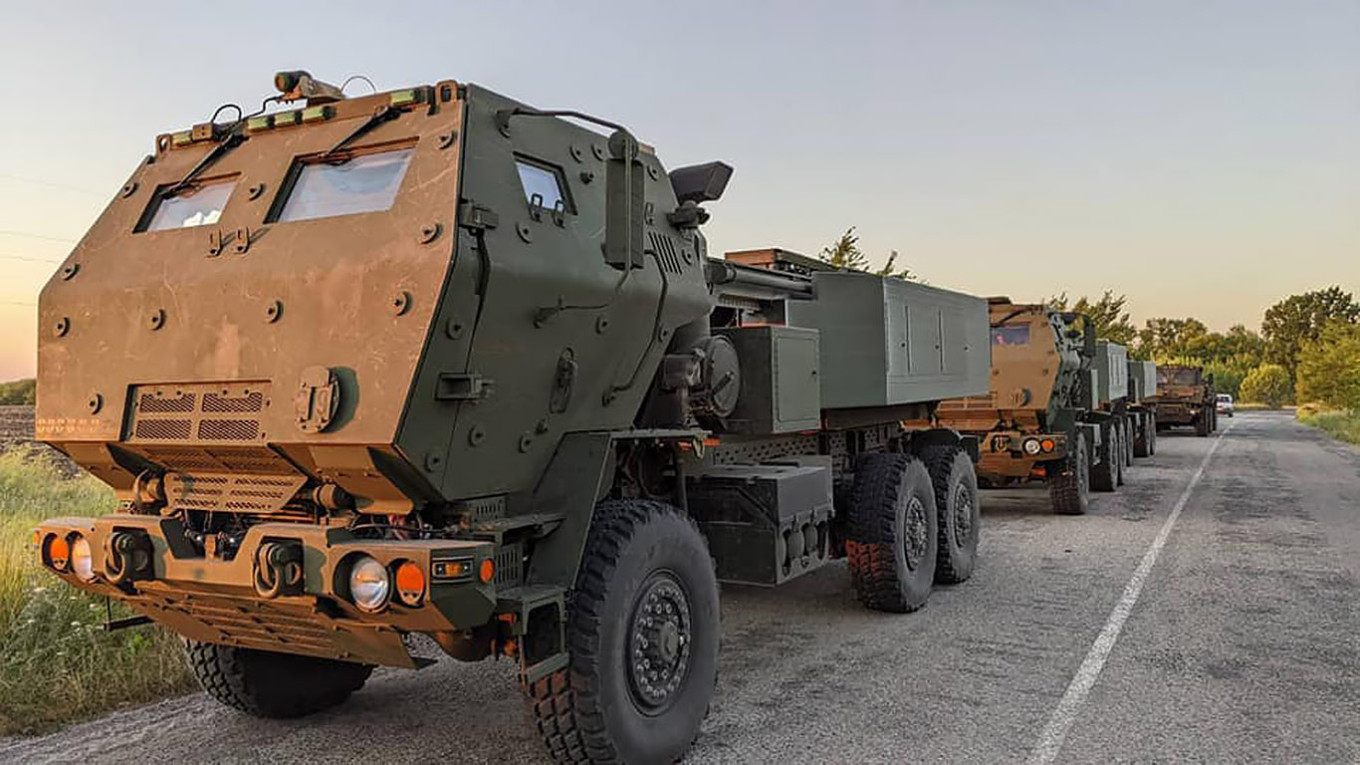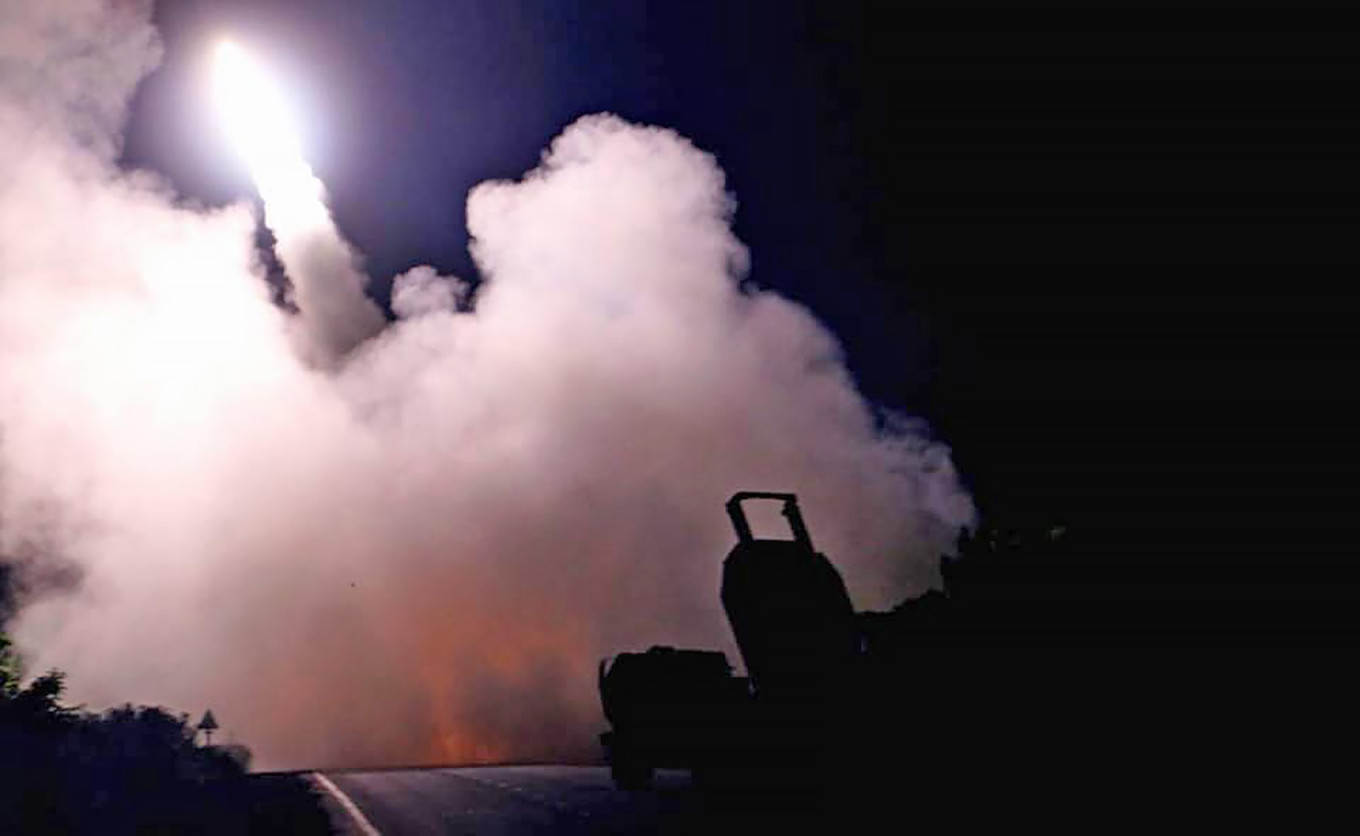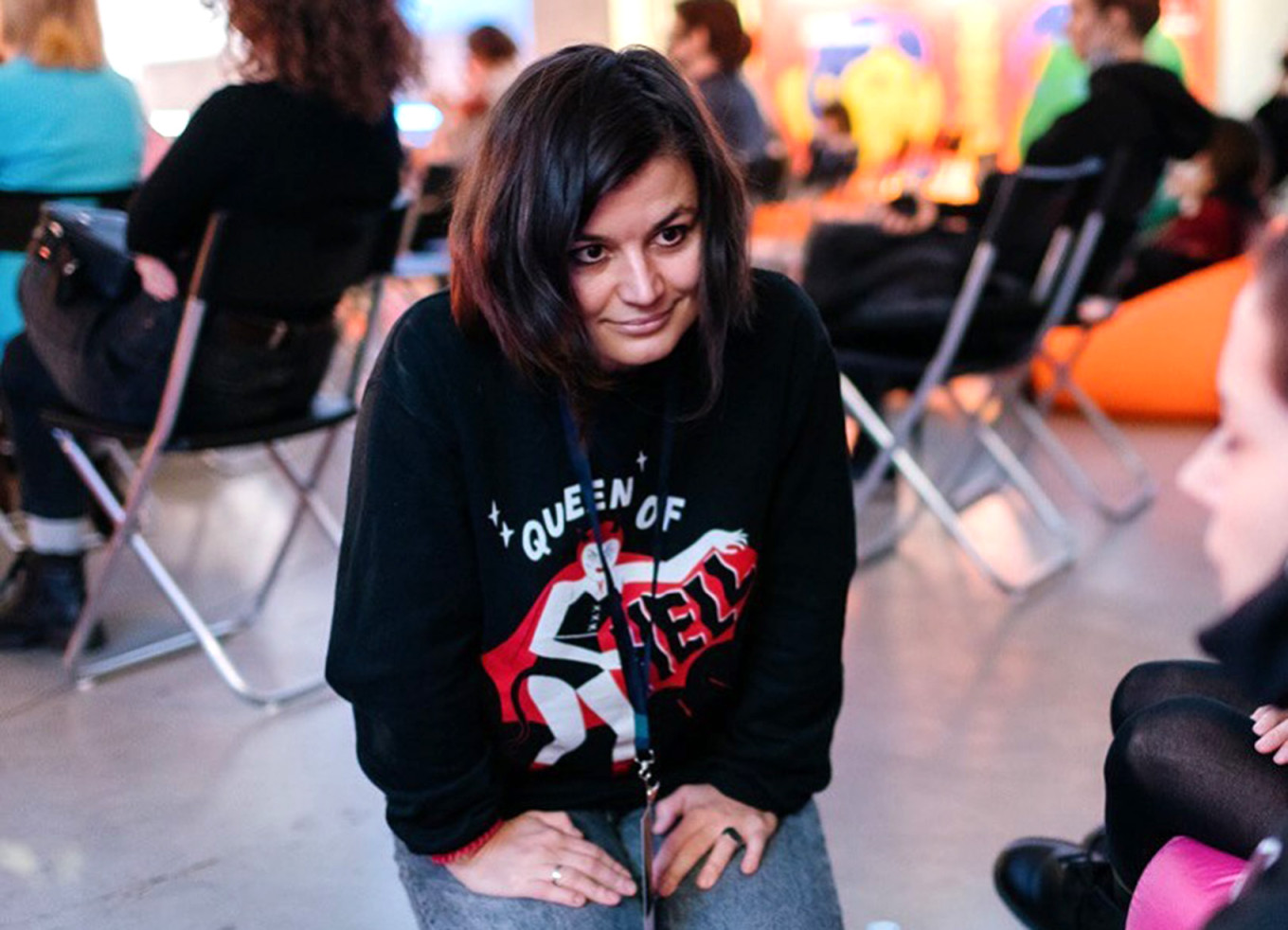
Russias republics of Altai, Bashkortostan and Kalmykia are set to vote for their regional heads in this weekends nationwide elections.Russias third wartime elections are expected to yield few if any surprises, with candidates backed by the ruling United Russia party and the Kremlin expected to win by a landslide.But for the heads of these three ethnic republics which are among those hit hardest by Russias rolling mobilization for the war in Ukraine the path to reelection wont be a breeze as all three are set to reassume office amid plunging public approval and growing social tensions.
AltaiKremlin-appointed Andrei Turchak will be seeking reelection as the head of Altai, a mountainous Siberian republic with a population of 200,000 people of which 30% are Indigenous Altai people.Turchak, a St.
Petersburg native and the son of a longtime Putin associate, is what Russian political observers call a Varangian: a Kremlin-loyal technocrat with no prior ties to the region sent there to rein in the local population and elites.Independent election watchdog Golos described Altai as consistently one of the most problematic regions for the federal authorities where United Russia members have struggled to hold onto their governor seats since 2012.Acting Altai Governor Andrei Turchak at a meeting with the public.t.me/turchak_andreyTurchak, who previously served as deputy chairman of Russias upper house of parliament and as United Russias General Secretary, was unexpectedly appointed as acting governor of Altai in June in a move seen as a major career downgrade.Similar to his scandal-plagued predecessor Oleg Khorokhordin, Turchak was greeted with heavy skepticism by local elites.To ensure the newcomers victory, only two other candidates were allowed to run against him Oleg Dobrynin of the nationalist Rodina party and Alexandr Kirillov of the far-right Liberal Democratic Party (LDPR) both of whom are largely unfamiliar to Altais voters.There have never been fewer candidates in any gubernatorial elections in any region in the modern history of Russia, Golos said.BashkortostanAnother governor election unprecedented for its lack of competition will take place in Bashkortostan, where incumbent Radiy Khabirov is standing for reelection nine months after his region witnessed some of the largest protests in wartime Russia.Bashkortostan is Russias most populous ethnic republic with more than 4 million people.
Indigenous Bashkirs comprise 31.5% of the population, with Russians representing 37.5% and Volga Tatars 24.2%.Khabirov, 60, was appointed as Bashkortostans head by Moscow in 2018, replacing the largely unpopular Rustem Khamitov.Sign up for our free weekly newsletterOur weekly newsletter contains a hand-picked selection of news, features, analysis and more from The Moscow Times.
You will receive it in your mailbox every Friday.
Never miss the latest news from Russia.PreviewBashkortostan head Radiy Khabirov during a meeting with schoolchildren.glavarb.ruUnlike Turchak, Khabirov is a native Bashkir born and raised in the republic whose political career started in the office of its first president, strongman Murtaza Rakhimov.Despite his strong roots in the republic, Khabirov failed to win the hearts and minds of the Indigenous Bashkir population.
He has been repeatedly accused of selling off Bashkortostans assets to Moscow and the friends and family of his wife, whose Armenian heritage is a separate source of dissatisfaction for Bashkortostans more nationalist residents.In January, thousands protested the imprisonment of prominent Bashkir activist Fayil Alsynov on charges of inciting interethnic hatred.The case against Alsynov was opened based on aKhabirov-authoreddenunciationthat observers and activists in Bashkortostan saw as an act of personal vendetta for Alsynovs enduring popularity and the success of the Kushtau protests that he co-led.At least 76 people are facing criminal charges in connection with Januarys pro-Alsynov protests and two men detained in connection with the rally died.When confronted with overwhelming public support for Alysnov and the arrested protesters, Khabirov chose to stage a rally in his own support.
He also doubled down by verbally attacking activists and labeling them as extremists and traitors, which did little to placate his frustrated constituents.To add to Khabirovs troubles, at least 15 high-ranking cabinet members are facing criminal prosecution for corruption.Bashkortostan has suffered the highest death toll in the war in Ukraine of any Russian region, according to a tally maintained by BBC and Mediazona.To eliminate the possibility of an effective protest vote, the Kremlin ensured that only four other candidates from aligned opposition parties would participate, while Khabirov reportedly refused to partake in any public debates ahead of the vote.Protests against the arrest of Fayil Alsynov in Bashkortostan, January 2024.Video grabKalmykiaBatu Khasikov, the current head of Kalmykia, a southern republic with a more than 60% Indigenous population, is also running for re-election with little popular support.However, this years race wont be the first time that the Kremlin has been forced to clear the field to guarantee victory for Khasikov, a former world kickboxing champion turned politician.In 2019, the local electoral commission refused to register any candidates who held political weight in the region, allowing Khasikov to achieve a landslide victory with 82.57% of votes.A year later, a group of senators from the regions People's Khural parliament called on President Vladimir Putin to dismiss Khasikov, citing his failure to manage the Covid-19 pandemic and the worsening state of agriculture in the region.Kalmykia head Batu Khasikov (center) at a town hall in the region's Ketchenerovsky district.glava.region08.ruBut the Kremlin ignored local elites and Khasikov will stand for reelection virtually unchallenged.Though the results of governor races in Russias republics like elsewhere in the country are largely predetermined, some opposition politicians are still calling on dissatisfied residents to go to the polling stations.Yes, these are not elections.
No one even really talks about them, there is no campaigning.
Everything is being done to ensure that no one goes to vote.
So, we need to do the opposite, wrote Lilia Chanysheva, an opposition politician from Bashkortostan who was freed in a historic prisoner swap with the West last month.What the result of the vote will be is known and does not matter.
The fact of visiting a polling station is our vote.
How else in today's reality can we actively say no! to someone who speaks to us from a position of strength? she added.

 17
17









